Top 9 Benefits of Pineapple


Related products

Pineapple Health Benefits
Pineapple, scientifically known as Ananas comosus, is a tropical fruit that originated in South America and has been cultivated there for centuries. In addition to its sweet and tart taste, it is also highly regarded for its health benefits. From tropical drinks to savoury dishes, pineapple is frequently used in cuisine and is increasingly recognised for its potential health benefits.
Did you know that pineapples are not only delicious but also have numerous health benefits? From boosting immunity to aiding digestion, this tropical fruit is packed with nutrients and disease-fighting antioxidants. It's also believed to have potential cancer-fighting properties and can contribute to healthy skin. Plus, it may help with post-operative recovery and reducing inflammation. So, next time you enjoy a juicy slice of pineapple, remember that you're also giving your body a healthy boost!
1. Rich in Nutrients
Among fruits, pineapples stand out for their exceptional nutritional profile. It is particularly rich in vitamin C, manganese, vitamin B6, copper, thiamine, folate, and potassium. Dr. Harriet Hall, a nutrition expert, notes, "Pineapple provides a substantial amount of vitamin C, a single serving delivering more than 100% of the daily recommended value, which is crucial for maintaining immune function, iron absorption, and tissue repair." Moreover, despite its sweetness, pineapple is low in calories, making it an excellent choice for a nutrient-dense snack. Its high fibre content also contributes to a feeling of fullness, aiding in weight management.
2. Contains Disease-Fighting Antioxidants
Pineapple is loaded with antioxidants, compounds that help fight oxidative stress, a phenomenon linked to chronic diseases including heart disease, diabetes, and certain cancers. The primary antioxidants found in pineapple are vitamin C, flavonoids, and phenolic acids. "The high antioxidant content of pineapple helps neutralise free radicals and can reduce the formation of harmful oxidative products in the body," explains Dr. Simon Clarke, a biochemist. These antioxidants not only protect the body from disease but also promote overall health by maintaining cellular health and reducing inflammation.
3. May Aid Digestion
One of the most significant health contributions of pineapple is its digestive support, owing to the presence of bromelain, a group of digestive enzymes. Bromelain is particularly effective in breaking down proteins, which can enhance nutrient absorption and alleviate symptoms of indigestion. Dr. Emily Foster, a gastroenterologist, remarks, "Bromelain's effectiveness in promoting digestion and reducing inflammation makes pineapple a beneficial addition to a diet, particularly for individuals with pancreatic insufficiency or digestive disorders." Its use in therapeutic digestion aids underscores its importance in medical nutrition therapy.
4. May Help Reduce the Risk of Cancer
Recent research has explored pineapple's potential to reduce the risk of cancer, largely due to the enzymatic activity of bromelain. Bromelain has been studied for its anti-cancer properties, including its ability to induce apoptotic cell death in malignant cells. A study published in the Journal of Nutrition and Cancer revealed that "bromelain was shown to inhibit the growth of breast cancer cells in vitro." This research suggests that bromelain might contribute to a reduction in cancer risk, alongside conventional treatments. Although further clinical trials are necessary, the current evidence supports the inclusion of pineapple in a diet aimed at cancer risk reduction.
In each section of this article, the multifaceted benefits of pineapple—ranging from its nutrient richness to its potential role in cancer prevention—are highlighted, demonstrating its considerable impact on health and wellness.
5. Boosts Immunity and Suppresses Inflammation
Pineapple is a potent ally in enhancing immune function and reducing inflammation, thanks to its high vitamin C content and the presence of bromelain. Vitamin C is vital for immune defence as it helps stimulate the production of white blood cells and acts as an antioxidant protecting against cellular damage. Dr. Aaron Patel, an immunologist, states, "Regular consumption of vitamin C-rich foods like pineapple can strengthen the immune system and may shorten the duration of colds." Bromelain further supports immune function by modulating the body’s inflammatory responses, making pineapple particularly effective in conditions characterised by chronic inflammation.
6. May Speed Recovery After Surgery or Strenuous Exercise
Pineapple's role in post-operative recovery and after strenuous exercise is largely attributed to bromelain. This enzyme has been shown to reduce markers of inflammation and may decrease swelling, bruising, and pain after surgery. "Bromelain can significantly accelerate the body's healing process, thereby reducing recovery time," explains Dr. Laura Thompson, a specialist in sports medicine. This makes pineapple a useful dietary addition for athletes and those recovering from surgical procedures.
7. Contributes to Healthy Skin
The high levels of vitamin C in pineapple play a crucial role in maintaining healthy skin. This vitamin is essential for the synthesis of collagen, a protein that helps keep the skin firm and flexible. Moreover, vitamin C acts as an antioxidant that helps protect the skin against damage from the sun and environmental pollutants. Dr. Nina Gill, a dermatologist, notes, "Pineapple can contribute to a healthier skin appearance, aiding in hydration and possibly reducing the visibility of fine lines through its collagen-supportive nutrients."
8. May Improve Heart Health
Pineapple may have several benefits for heart health due to its fibre, potassium, and vitamin C content. Potassium helps regulate blood pressure by counteracting the effects of sodium in the body. "A diet rich in potassium can help lower blood pressure and negate the cardiovascular risks associated with high sodium levels," says Dr. Keith Harmon, a cardiologist. Additionally, the fibre in pineapple can aid in lowering cholesterol levels, which is a key factor in the prevention of heart disease.
9. Supports Weight Loss
Pineapple is beneficial for weight loss because it is not only low in calories but also high in water and fibre, which can help control appetite and promote satiety. "Including high-fibre, water-rich foods like pineapple in your diet can help manage weight by reducing overall calorie intake while still providing a feeling of fullness," suggests Dr. Susan Mitchell, a dietitian focusing on weight management strategies. This makes pineapple an excellent snack for those looking to lose weight without sacrificing nutritional quality.
People Also Ask
What is the main benefit of eating pineapple?
The main benefit of eating pineapple is its high vitamin C content which boosts the immune system. Additionally, pineapple contains bromelain, an enzyme that helps in digestion and has anti-inflammatory properties, making it beneficial for overall health and wellness.
What happens if I eat pineapple everyday?
Eating pineapple every day can provide consistent supplies of vitamins, minerals, and antioxidants, which may boost immune health, aid digestion, and reduce inflammation. However, due to its high acidity, some people might experience sensitivity such as mouth sores or heartburn if consumed in large amounts daily. It is advisable to consume pineapple in moderation and part of a balanced diet to avoid any adverse effects. Please be aware of pineapple allergies, if you eat pineapple and don't feel well, it's a good idea to look more into it.
Is pineapple good for your stomach?
Yes, pineapple is good for your stomach. It contains bromelain, an enzyme that helps break down proteins, which can aid in digestion and reduce symptoms of indigestion. Bromelain is also known to help reduce inflammation in the gut, which can benefit individuals with inflammatory bowel conditions.
Is pineapple good for your skin?
Yes, pineapple is beneficial for the skin. It is rich in vitamin C, which is vital for the synthesis of collagen, a protein that helps keep the skin firm and flexible. Vitamin C also serves as an antioxidant, protecting the skin from damage caused by the sun and environmental pollutants, potentially improving skin texture and reducing the appearance of fine lines.
Conclusion
The nutritional profile of pineapple—rich in vitamins, enzymes, and antioxidants—supports a wide range of health benefits. From boosting the immune system and reducing inflammation to aiding in weight management and improving heart health, pineapple proves to be more than just a tasty tropical fruit. Including pineapple in a balanced diet is not only enjoyable, but also beneficial for overall health and wellness.








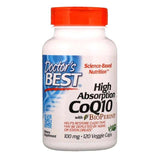

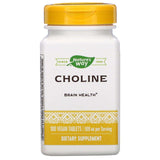



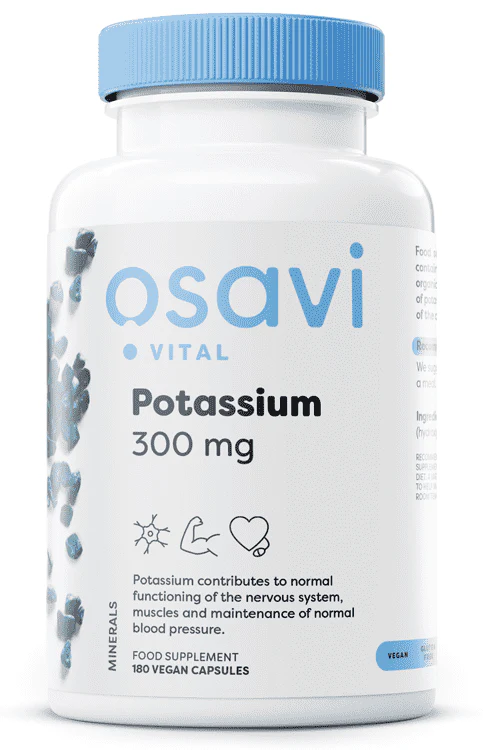
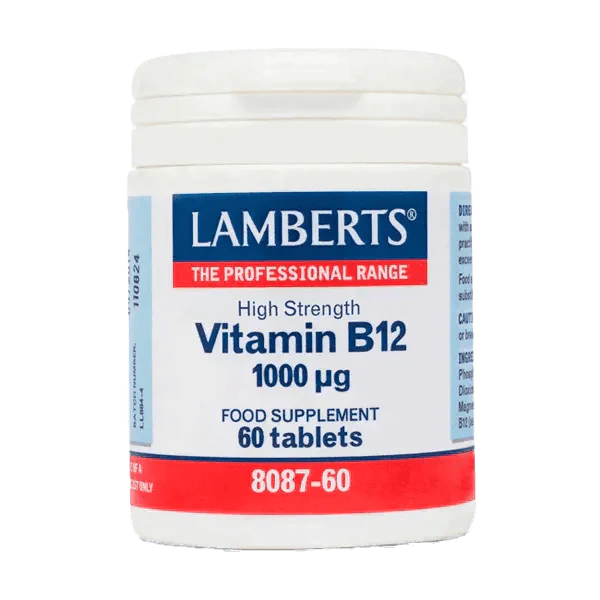
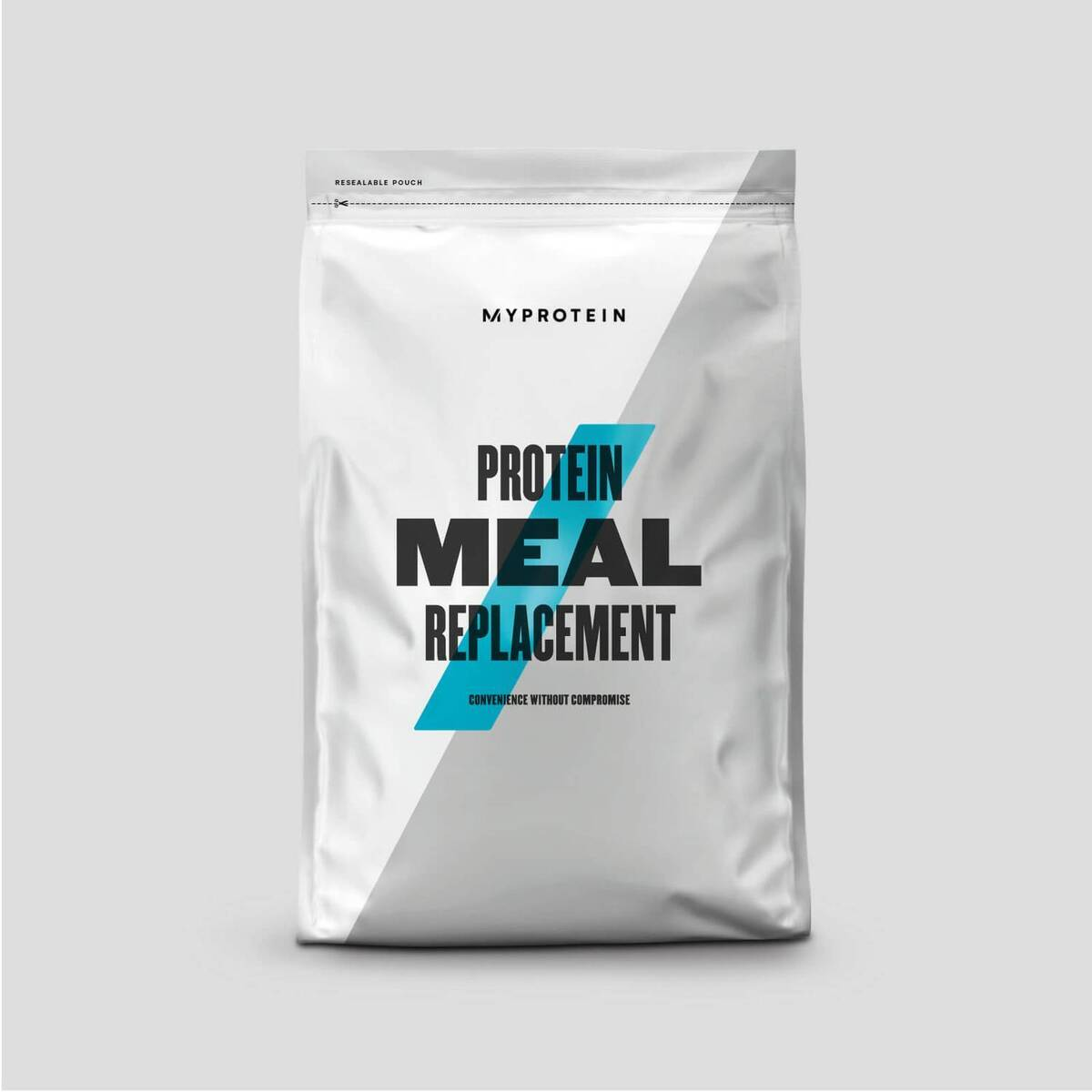
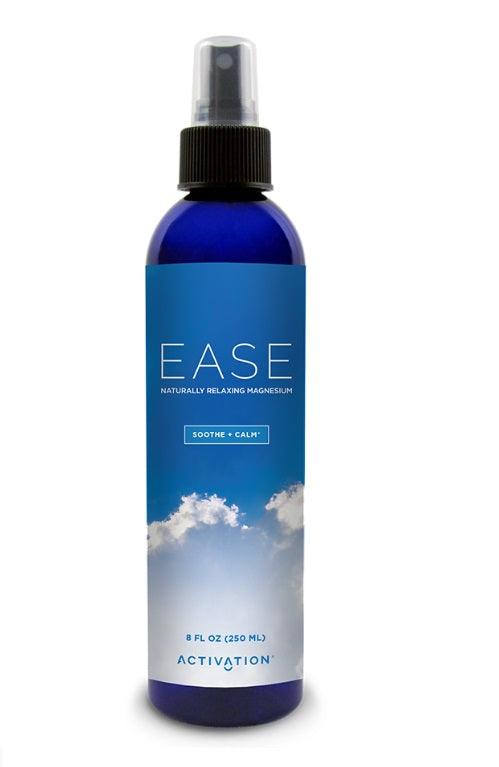
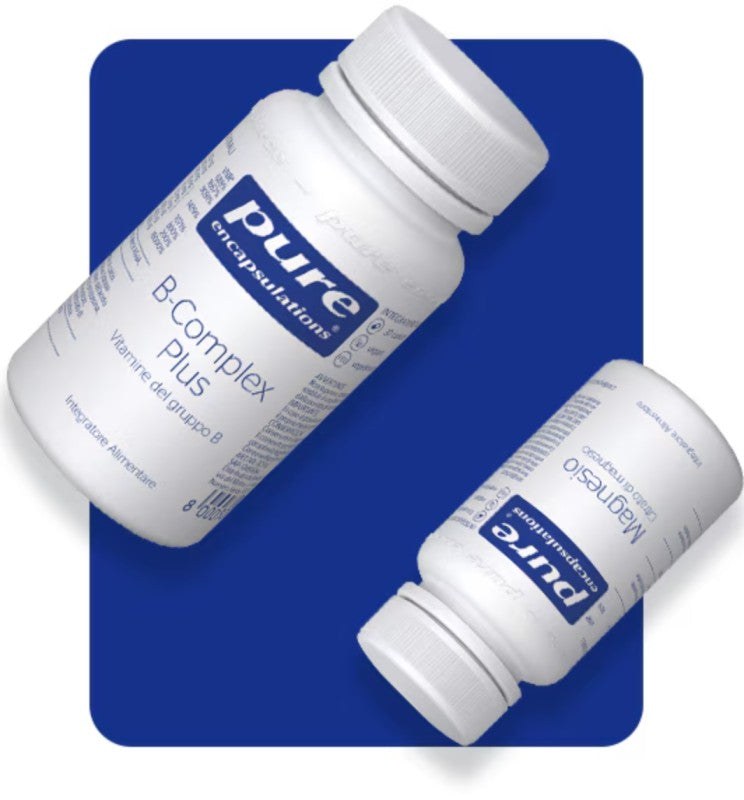
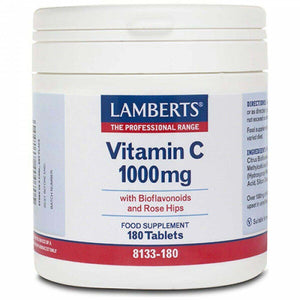




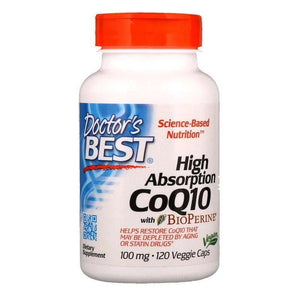
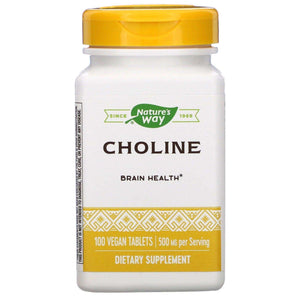








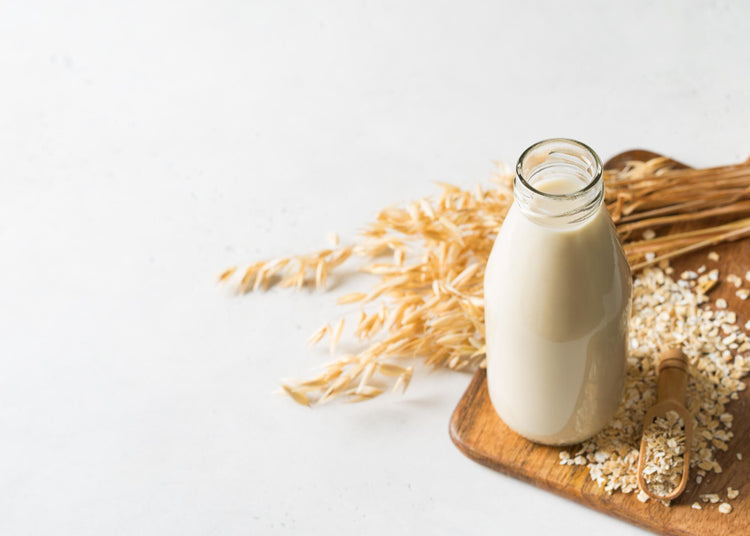


 Rated Excellent by 26,523+ Reviews
Rated Excellent by 26,523+ Reviews